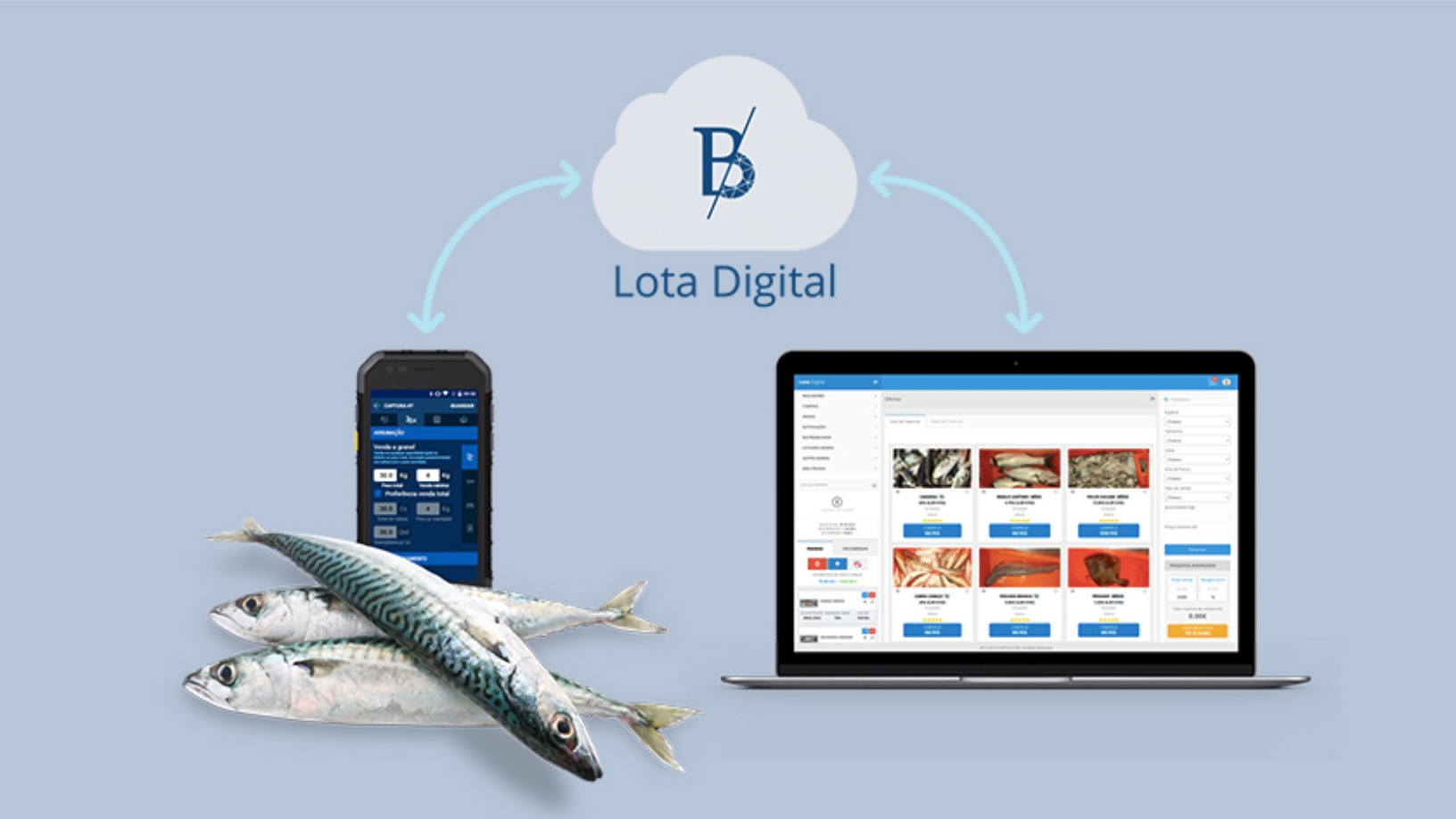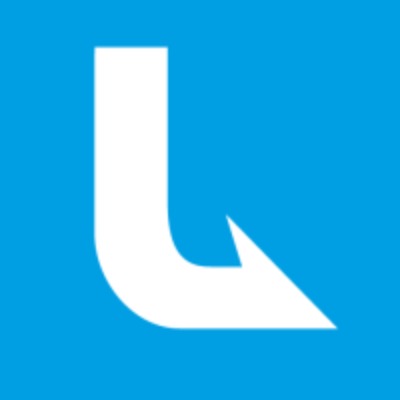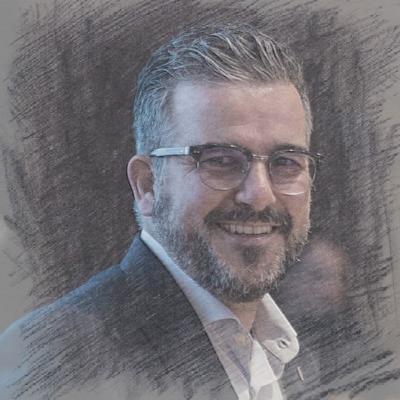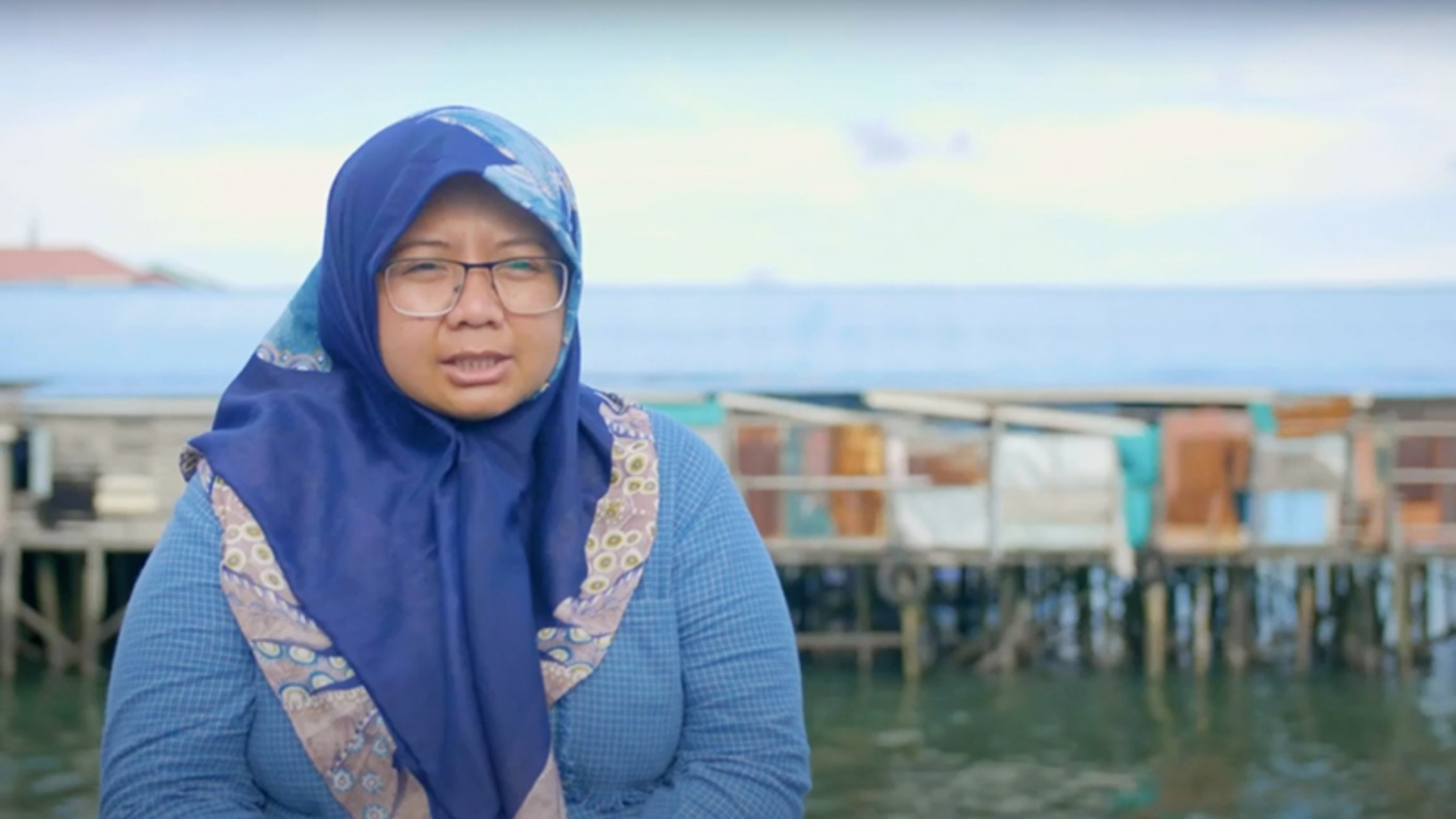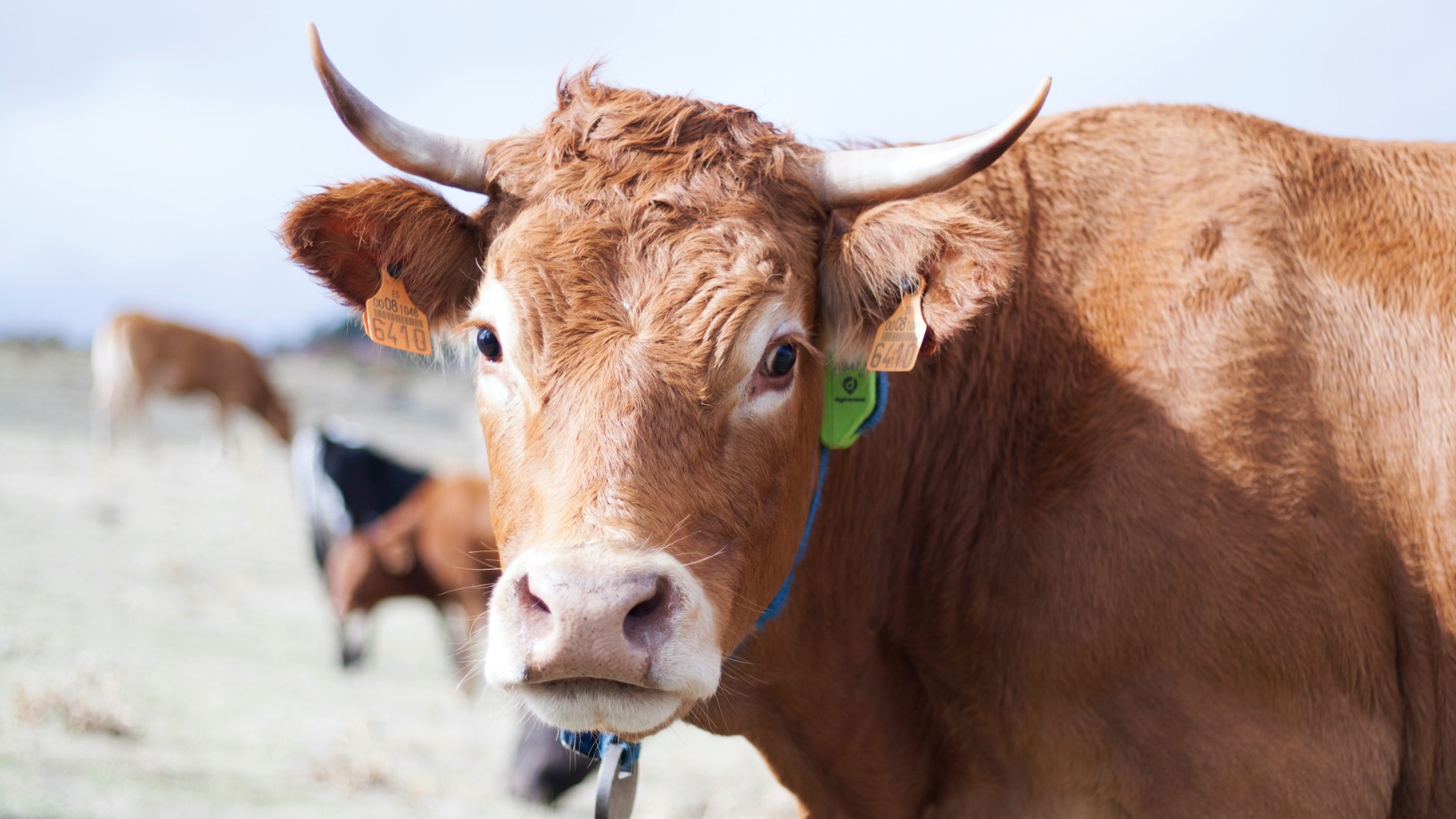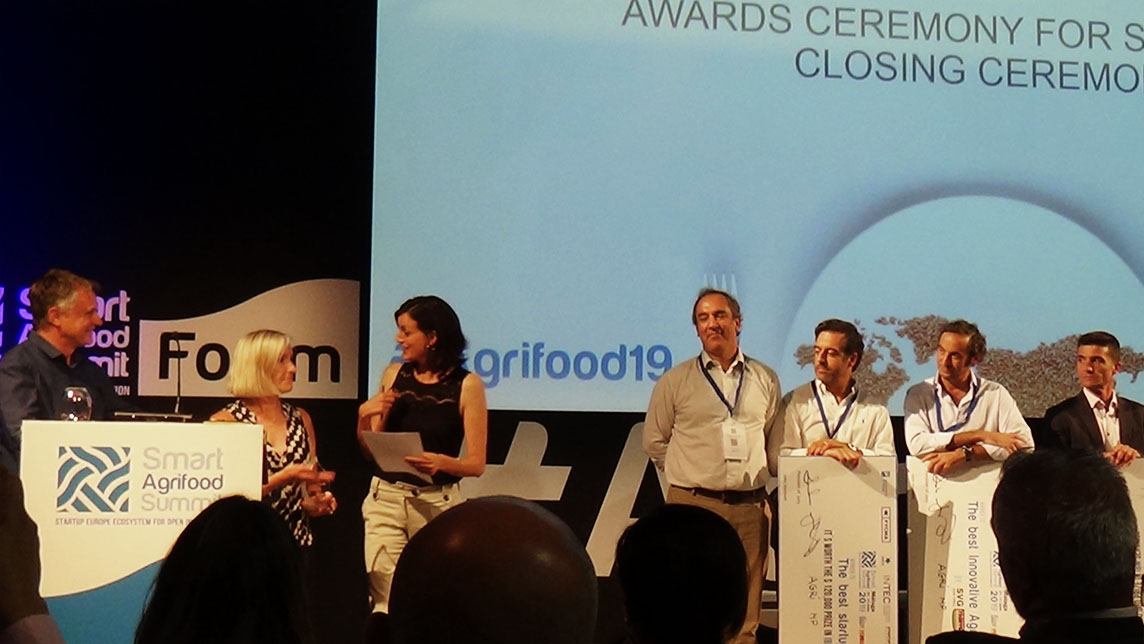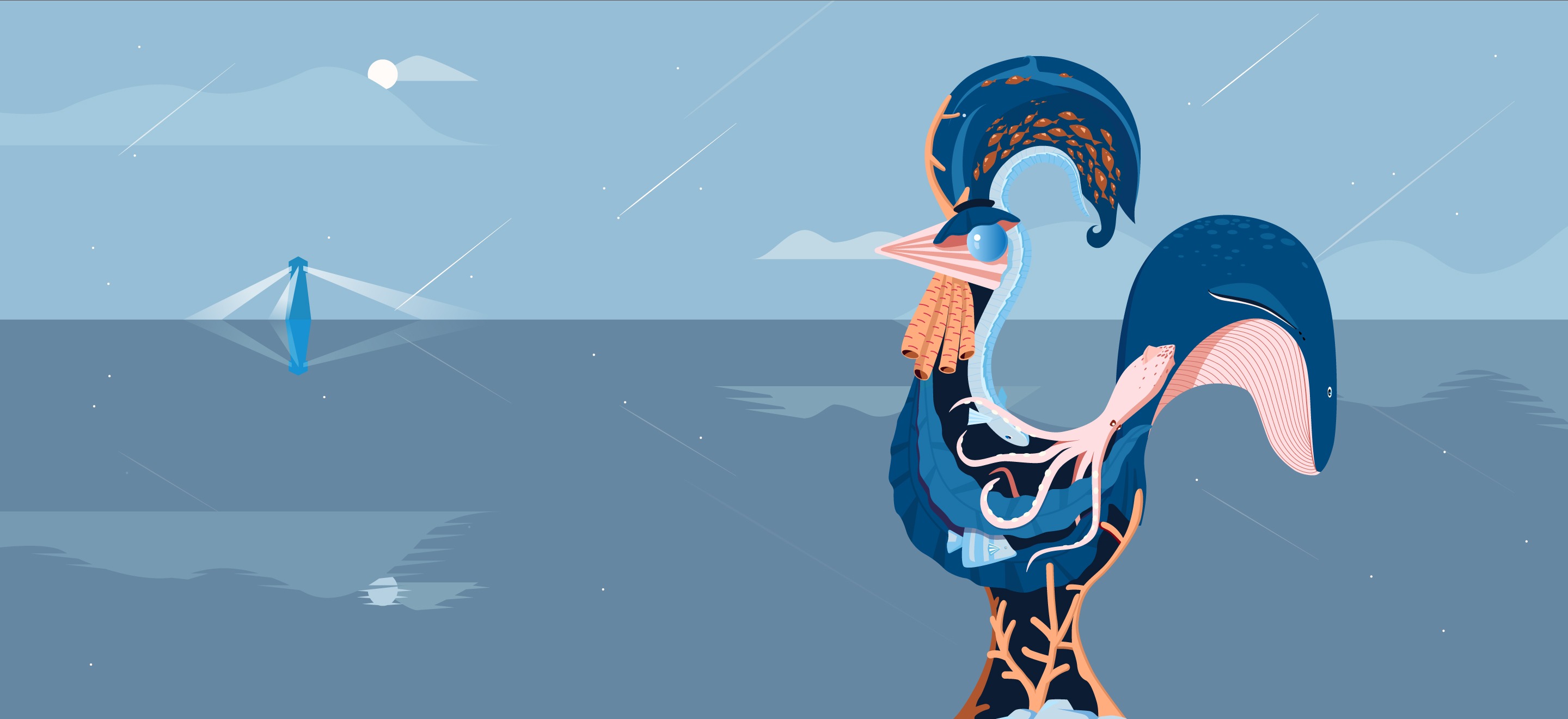Lota Digital is an online marketplace connecting local fishermen with buyers. Seeking to “revitalize the traditional Portuguese fishing sector,” the marketplace not only boosts the livelihoods of small-scale fisheries in Portugal and beyond, but also guarantees quality for the customer and for the sustainability of fish stocks, which are increasingly depleted around the world.
Launched by Portuguese startup Bitcliq, Lota Digital recently gained its biggest customer to date, the global wholesale chain Makro, with 10 stores locally – a significant milestone in the company’s three-year history.
A seafaring nation, Portugal has Europe’s fourth-largest number of people employed by fishing. The sector, however, has been in urgent need of improvement, especially its sales process that had changed little over the last 30 years and which exposed fishermen to the greatest risks while earning the least in the value chain.
"We are embracing this challenge and have perceived an opportunity on a global scale for what we can do for a traditional sector using new technologies,” said Lota Digital and Bitcliq’s founder and CEO Pedro Araújo Manuel.
Lota Digital says it “creates value for both parties,” with fishermen exercising greater control of pricing while buyers, including supermarkets, restaurants and hotels, have guaranteed supply and quality. The B2B app operates a pay-as-you-go model, enabling fish to be sold upon capture at sea at the price the fisherman has requested, using blockchain to track it from the time of catch to delivery.
The extra time saved by selling at the time of catch, plus simultaneous access to multiple potential customers and logistics partners, means less wasted catch and more likelihood of a better price. The marketplace simultaneously lists caught fish as well as those being searched for by buyers, allowing the fisherman to cater to market demand while out at sea.
Tradition + AI + blockchain
For the buyer, the advantages include guaranteed quality and freshness from stringent, traditional quality control, combined with tracking by blockchain and an optimized buying process. The process is boosted further by an automated AI-powered search to find the best options available for the desired species up to a specified time limit. A notification is sent to the buyer when requirements are met and the purchaser is also able to place an automated order to buy at a certain price, similar to the process in online financial trading.
The buyer has two additional ways to make a purchase: instantaneously at a fixed price set by the fisherman or via an AI-enhanced auction where the best offer wins the sale. Time and effort are also saved by knowing which fish are available, where, and by being able to purchase before the catch is even brought to land.
The marketplace also connects users with logistics partners, ensuring tailor-made packaging and transportation options. A QR code is placed on packaged fish, facilitating the traceability from catch to delivery using the data recorded on the Lota Digital app.
Although the marketplace disrupts the entire trading process of small-scale fisheries, it maintains their traditional, non-industrial style of fishing while optimizing the commercial process. For each catch, the fisherman enters information in the app: the species, a photograph, the time of capture, size and when it will be available for delivery.
A notification is sent to buyers via the app in real time and then a sale can be made at a fixed price or using the auction system. The whole system relies on Portugal’s 4G infrastructure, which extends up to 15 nautical miles (c.28km) from shore.
EU’s sustainability, quality standards
Upon arrival at the port, pre-sold fish is taken to Lota Digital's quality control post, which has been notified via the app. There, the fish is weighed, inspected according to European Union standards for its freshness and classified, as has been the case in the industry for decades. The inspection process uses traditional criteria according to the species, such as examining the eyes. The buyer is then notified, ensuring transparency in the process and an inability to cheat on the weight or standard of the catch.
Lota Digital's technology combined with the artisan fishing style ensures adherence to the EU's Common Fisheries Policy and its sustainability requirements on the method of catch, the avoidance of waste and delivery to the most local markets. This is made possible because buyers can source fish caught as close as possible to the point of sale.
It was a point Makro made in announcing its partnership with Bitcliq in July. Importantly, the traceability afforded by the app not only gives critical proof of meeting sustainability and food standards but prevents illegally caught or protected species from reaching the marketplace.
Crucially for Lota Digital's market entry and national scalability, Docapesca, the Portuguese public entity in charge of overseeing fish markets and fishing ports, piloted the product in Peniche for six months in 2019. Docapesca is now a key partner, integrating Lota Digital in its native technology used at all levels of Portugal's fishing industry. It also has logistical partners facilitating easy access to transportation and packaging services.
“This project is in official and legal use in Portugal only because we proposed its implementation to Docapesca,” Manuel told media. “Docapesca always manages the initial sale of fish, meaning that, by law, vessels cannot sell fish unless via Docapesca.”
Improving livelihoods
Since Lota Digital's launch after its six-month pilot in 2019, it has begun working with 30 connected vessels and is expanding nationwide through 2020, thanks to its partnership with Docapesca. Spain is the next market slated for entry.
“It's a country strongly tied to fishing, with many factors in common with or the same as in Portugal,” Manuel said. “However, it is not an easy path to take. One of the challenges in this area is the fact that it is a very traditional market that doesn't change overnight”.
Manuel was aided by his knowledge of the sector and his love of fishing instilled during childhood fishing trips with his father. Spanish market entry will also be facilitated by Lota Digital’s win at 2019’s key Spanish startup competition Emprendedor XXI in the agtech category.
Since founding digital design startup Bitcliq in 2013, Manuel, an electrical engineer by training, had already launched software called BIG EYE Smart Fishing prior to Lota Digital. Mainly aimed at managing fishing fleets, the product found little traction among fishermen, though it now has an international client base. “The sales process is what they most longed to change,” he said.
Manuel was inspired to create Lota Digital to improve the livelihood of small-scale fisheries after attending a conference held by international maritime satellite operator Inmarsat. When it came to developing the software, much of the technology including the traceability and the app for fishermen was already in use by customers as far away as Ghana. Bitcliq's team of 13 full-time staff includes marine biologists and food engineers, who provided additional vital knowledge.
In addition to the Makro deal, Bitcliq received additional good news in July – winning €350,000 funding from Portugal's Social Innovation Fund (FIS), the governmental fund's first investment to date, administered by state investor PME Investimentos.
This funding, permitting Lota Digital’s further scaling in Portugal, comes on top of its €600,000 seed round led by Portugal's newest and largest private VC Indico Capital Partners in 2019. Local investor LC Ventures participated in the round.
